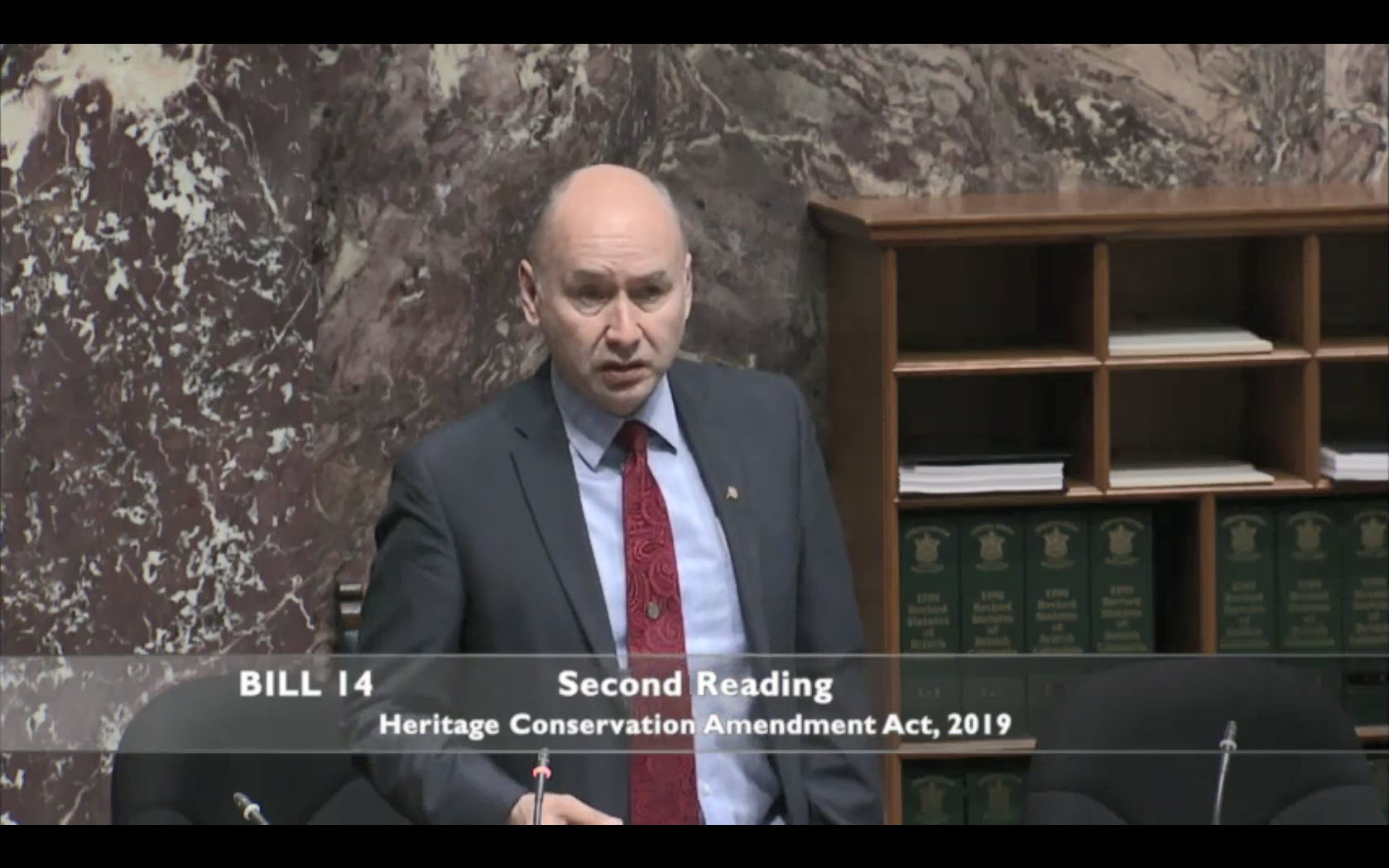When the Legislative Assembly is sitting, MLAs are responsible for studying, debating, and voting on all bills (proposed laws) put before them. It is their job to examine the arguments for and against each bill and to consider the views and concerns of British Columbians before deciding to support or reject it. In practice, however, all the MLAs of a political party usually vote the same way on any major issue. This practice stems from the principles of responsible government, developed prior to Confederation. If the majority of MLAs support a bill, upon Royal Assent, it becomes an Act of the Legislature (the term "Legislature" refers to the Lieutenant Governor acting by and with the advice and consent of the Legislative Assembly), and upon proclamation, it becomes a law.
Any MLA may introduce a bill. Most public bills are introduced by a Cabinet minister, including, by constitutional requirement, all tax-related bills.
A public bill introduced by an MLA who is not a Cabinet minister is known formally as a public bill in the hands of a Private Member, or a Private Members' bills.
A bill introduced by an MLA on behalf of a person or group outside the Legislative Assembly is called a private bill.

